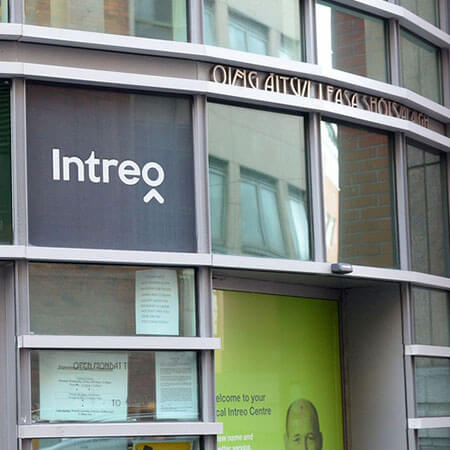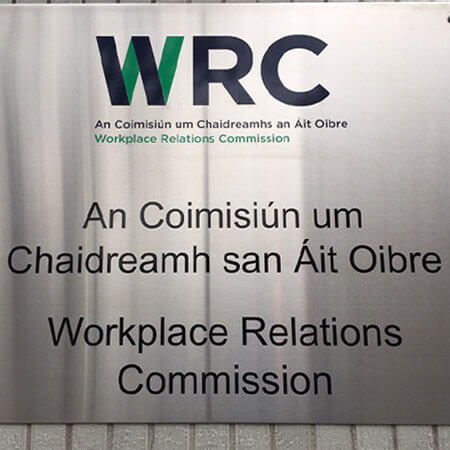You’ve moved all the way to Ireland to work. You’ve set yourself up, put the kids into school and made a host of financial commitments. There’s electricity bills, phone contracts and rental agreements.
Then you lose your job. What do you do?
Don’t worry, it’s not the end of the road. Even if you aren’t an Irish citizen, you have entitlements that can help you stay on your feet while you look for a new job. Here’s what you should know about redundancy rights and unemployment benefits in Ireland.
Staying in Ireland
EEA and Swiss Nationals
If you are an EEA or Swiss national, you can stay in Ireland, unemployed and looking for work.
Non-EEA nationals
If you’re a non-EEA national, you can stay too – as long as you have an employment permit. Just make sure you notify the Department of Enterprise, Trade and Employment within 28 days of your dismissal. If you have been working on an employment permit for five consecutive years, you no longer need a permit to work in Ireland.
Redundancy rights
Irish employers must follow a specific procedure to make workers redundant. It’s a good idea to check that your situation is a genuine redundancy case. If it isn’t, you might be able to bring a claim for unfair dismissal. If it is, and you worked for your employer for two years, you might be eligible for a redundancy payment.
Payments usually come in the form of a lump-sum. Eligible employees usually receive two weeks’ pay for every year they worked at a company, as well as an extra week’s pay.
Unemployment benefits
There are two main social welfare payments for jobseekers in Ireland: Jobseeker’s Benefit and Jobseeker’s Allowance.
Jobseeker’s Benefit
Jobseeker’s Benefit is for people who lose their job or are made redundant.
To get it, you need to be unemployed and looking for work. While working in Ireland, you must have paid a certain number of social insurance contributions too.
If you are an EEA migrant, you may be able to combine Jobseeker’s Benefit with a social welfare payment from your home country. Non-EEA migrants are eligible for Jobseeker’s Benefit if they’re legally resident in Ireland.
Jobseeker’s Allowance
If you haven’t made enough social insurance contributions or are otherwise ineligible for Jobseeker’s Benefit, you may still be eligible for unemployment benefits through the Jobseeker’s Allowance.
This is a means tested payment. This means that what you receive will depend on how well off you are. To receive Jobseeker’s Allowance payments, you need to be unemployed, looking for work and habitually resident in Ireland.
Supplementary Welfare Allowance and Rent Supplement
If you’re not receiving Jobseeker’s Benefit, but are resident in Ireland and actively looking for work, you may be eligible for the Supplementary Welfare Allowance.
If you worked in Ireland for less than 12 months, you may be able to receive this payment for six months from the date your employment ended. But if you were employed for more than 12 months, you can claim it indefinitely – as long as you’re looking for work.
Rent Supplement is also available to help you meet payments to a private landlord.
Tax refunds
If you paid tax while working, you may be able to get a refund once you become unemployed. To find out, you’ll need to contact Revenue through your online account or by phone.
Migrant Support in Ireland
No matter what happens, you are never alone. There are a host of organisations that can help you through difficult times in Dublin. The Crosscare Migrant Project, the Migrant Rights Centre, the Immigrant Council of Ireland and Citizens’ Information can all offer you information, advice and support – to name just a few.


